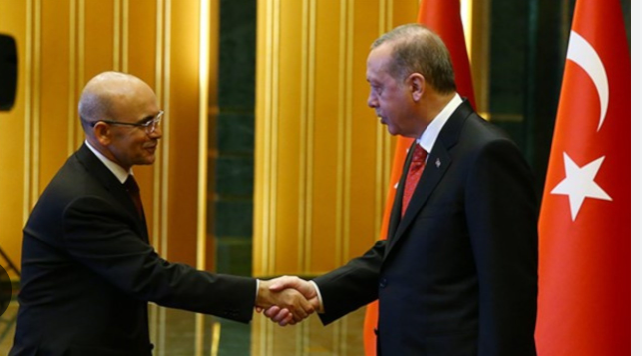Journalist Erdal Sağlam commented on Treasury and Finance Minister Mehmet Şimşek’s plans for the post-election period. He expressed the view that President Recep Tayyip Erdoğan is very likely to object to steps that will result in a contraction of growth.
10Haber writer Erdal Saglam expressed his views on the steps he expects to be taken in Turkey after the local elections.
The journalist stated that after March 2024, additional interest rate hikes may be inevitable due to deteriorating inflation expectations, and that President Recep Tayyip Erdoğan can be convinced on this issue, but that he is very likely to object to the measures that need to be taken, especially the steps that will result in contraction of growth.
Stating that Treasury and Finance Minister Mehmet Şimşek expects a strong capital flow in the second half of the year with a strengthening economic program and with the effect of the global financial climate, Sağlam continued as follows:
New measures for the public sector’
“This will require a comprehensive program that will reassure the outside world, while at the same time paving the way for foreign direct investment, such as the SOE reform.
At the same time, he intends to take additional revenue-raising measures, such as taxing real estate, and new measures to cut public spending without calling it austerity. In addition, the government will seek to raise revenue by eliminating tax exemptions on savings instruments, especially deposits, and other areas as much as possible. Along with all these measures, as a reassuring factor, he also wants to drastically reduce the budget deficit to GDP ratio in 2024, which has been set at 6.4 percent.”
‘Unless low growth is accepted for at least two years…’
Sağlam said that despite all this, there is a strong belief among small and medium-sized business owners, which is one of the social segments that the AKP relies on, that “the President will not allow decisions that require sacrifice from growth.” “This is where the choice to be made is locked in; it is obvious that a strong fight against inflation will not be possible unless low growth is accepted for at least two years,” Sağlam said.
